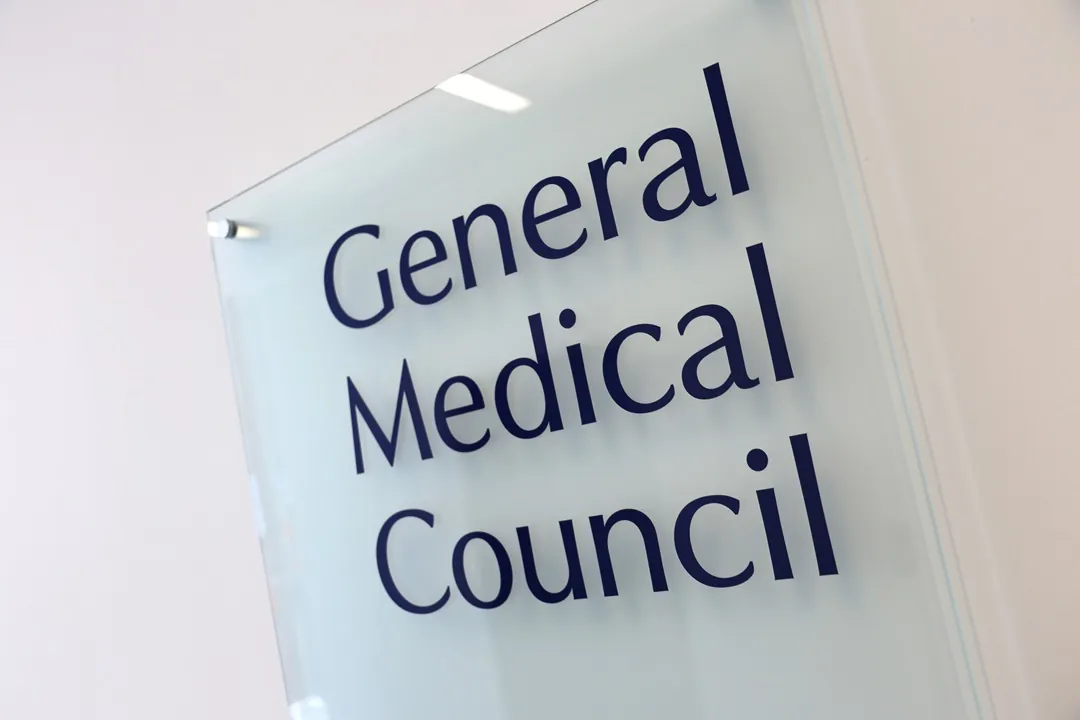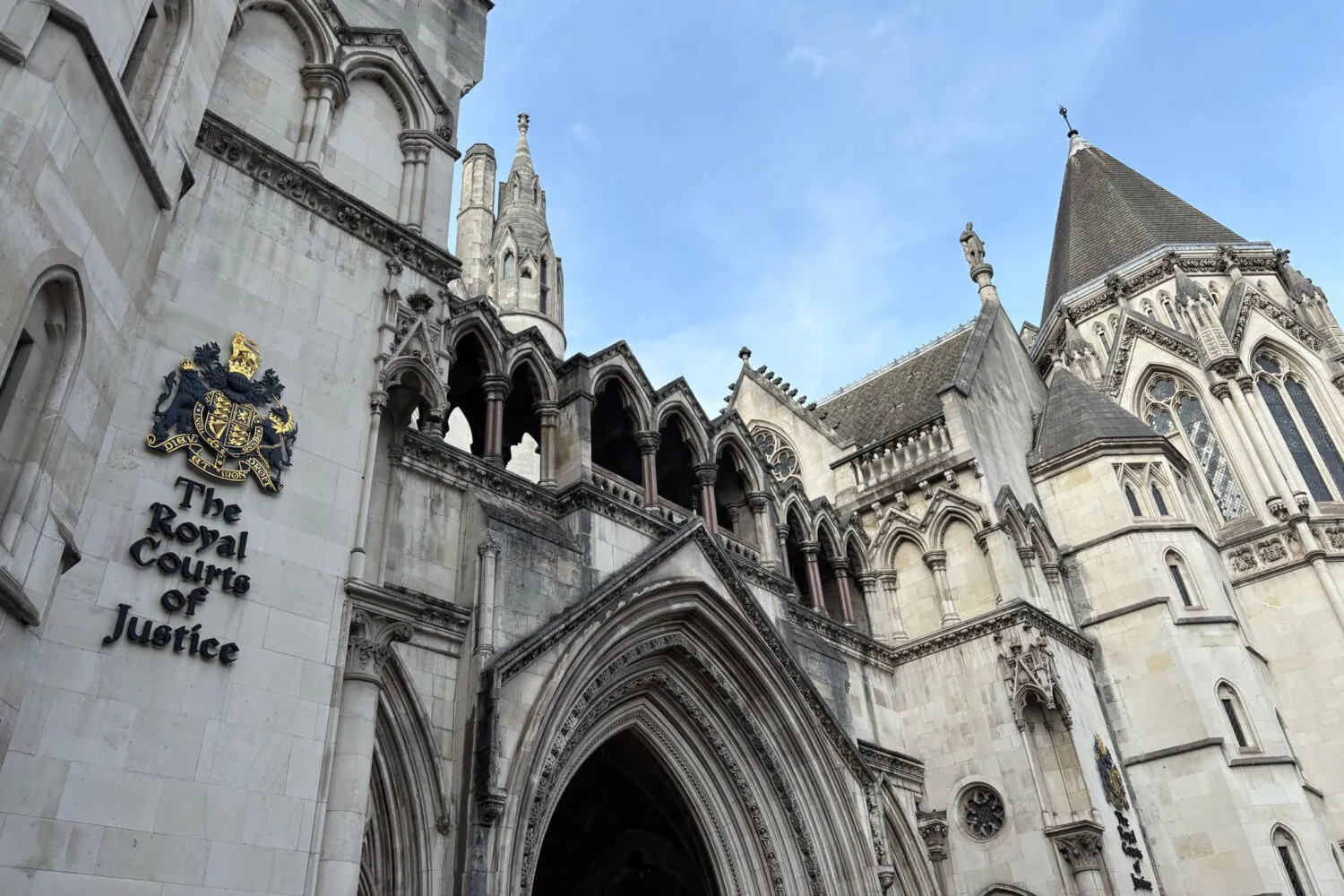
The frenzied news that a new ‘worst ever’ strain of Covid has been found should come as no surprise to anyone.
Public Health England (PHE) and health authorities around the world are continuously monitoring and checking samples of Covid to look for changes to the type of infections we’re getting. So this is not the only variant on the watch list. There are 14 others of concern that PHE is investigating.
On the whole, we should be pleased that this strain – known as Omicron – has been picked up. This means that the monitoring is working and enables scientists to examine changes in the virus in far more detail.
So why is this variant in the spotlight? Scientists noticed that the Omicron protein spikes on its particles are different to those on other Covid strains. And the vaccination identifies the virus using these particles. So what we don’t know yet is whether the jab will be able to identify this new variant because of the mutations in the protein spikes.
In the UK, Covid cases are limited by the vaccination rollout. The jab reduces the chances of catching and spreading the virus, along with helping the body to fight it off. People who get the virus are less unwell, and not as likely to need hospital admission or require intensive care.
If this new variant is immune to the vaccination, then we risk ending up in a situation like last winter where cases soar exponentially and hospitals and intensive care units will struggle to care for the number of Covid patients.
We’re currently offering flu jabs to people who are more likely to be seriously unwell if they catch it, in preparation for ‘flu season’ – which is January to March. Viruses such as flu, Covid and colds are more likely to spread in the winter months because people meet inside more and are closer together.
Currently, we’ve yet to see a case of this new variant in the UK, but we need to be aware of it and remember that this pandemic is far from over.
Thankfully, we have the advantage of a mostly vaccinated population that protects us from most strains of Covid. Added to that, manufacturers are already seeing if they can make alterations to the vaccination, if necessary, to ensure it protects us from this new strain.
So, what can we do in the meantime to protect ourselves?
We can help reduce the spread and the chances of catching it by following the simple steps we all got so used to last winter. Frequent hand washing and avoid touching your face and mask when out and about. We know wearing a mask or face covering reduces the chances of passing on and catching Covid, so doing this protects you and others. But it really is essential to make sure it completely covers your nose and mouth and fits well on your face, with no gaps around the side or top.
The last 20 months have been all about social distancing. If we start to think about this again, we can help slow down the spread – along with other viral infections such as flu and cold. And we should all make sure that indoor spaces are well ventilated to increase airflow to reduce the amount of Covid in the air.
It’s hard to make people follow these measures, however, when we see politicians crowded together in parliament, not wearing masks.
Lastly, there are lots of viruses that cause temperatures and coughs, but the only way to be sure it’s not Covid, is to book a test. There needs to be far more publicity around the use of the lateral flow tests (LFT), which are not as sensitive at detecting Covid as polymerase chain reaction (PCR) tests. But the LFT is much easier – you can take it at home and get result in 20 minutes. It’s understandable that people are reluctant to go online, book a PCR test, drive to the site, then isolate at home while they wait for the results. But LFT miss a third of Covid cases, so it is really important to book a PCR test if you have symptoms that could be caused by Covid. The PCR test is much more accurate at detecting Covid, even if it does take longer to get the result.
Using all the above measures are proven to reduce Covid levels. And until we know if the vaccination will protect us again this new ‘worst ever’ strain, we ALL need to do them again.
Dr Rosie Shire is a GP and member of the Doctors’ Association UK GP Committee.
Read the original piece here





